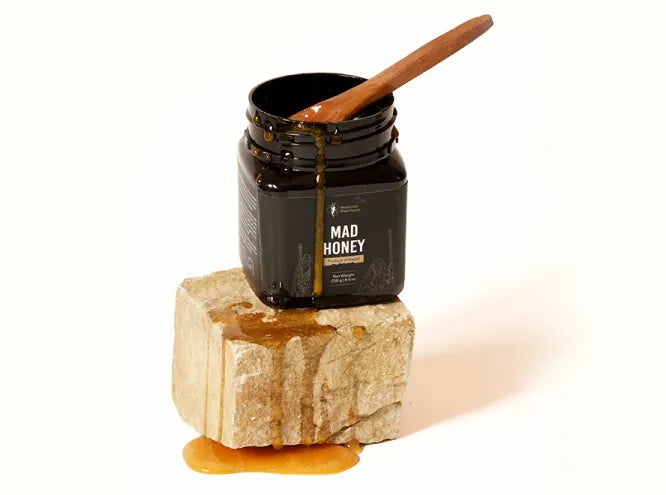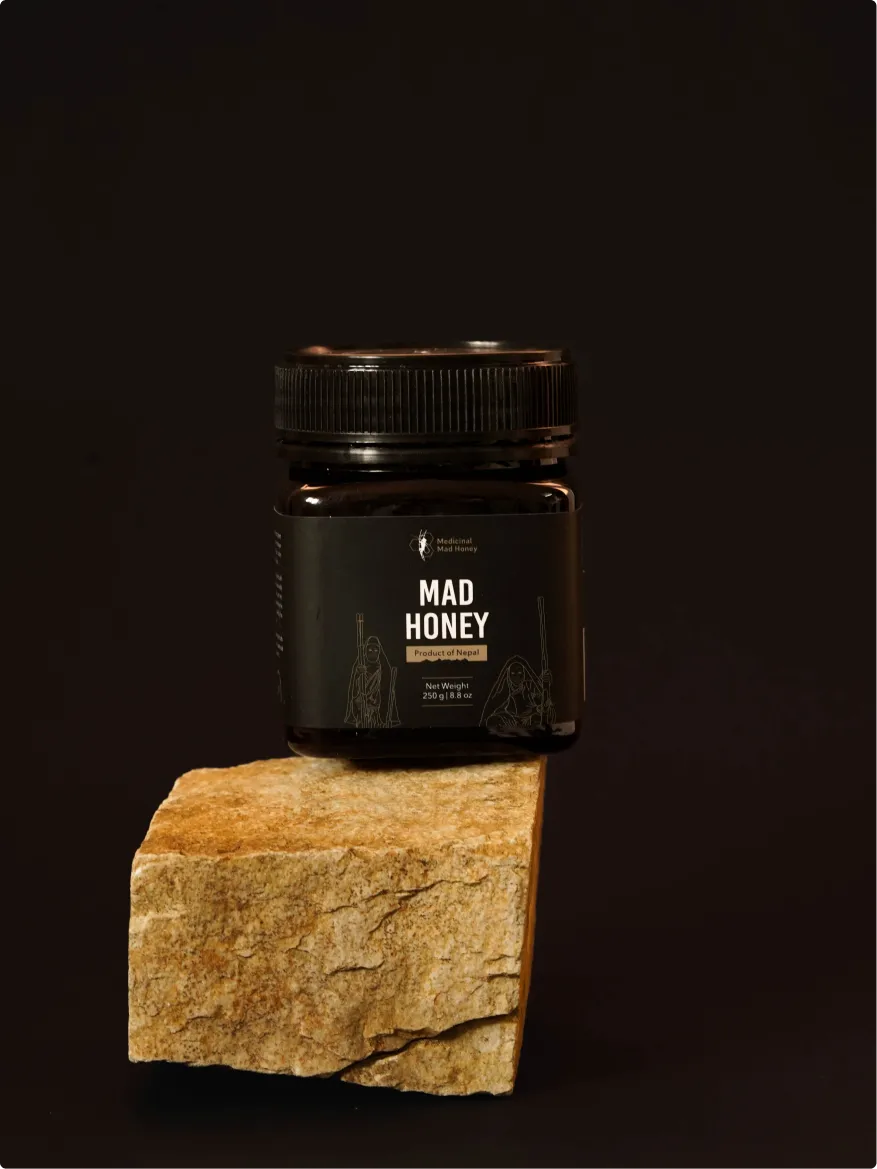
Is mad honey legal in the
UK, Europe, West and Middle East?
Mad Honey is mostly legal across the whole wide world. Still, it's essential to check with an individual country’s legal rules and regulations regarding its food policies.
Always purchase it from an authentic and reputable source to ensure it performs transparency about the product’s origin and composition while matching the food regulations.
United Kingdom (UK)
- Mad honey is legal to possess and sell.
- Consumers are advised to follow extra caution, especially when purchasing imported honey products.
- Consumers should verify the source before buying.
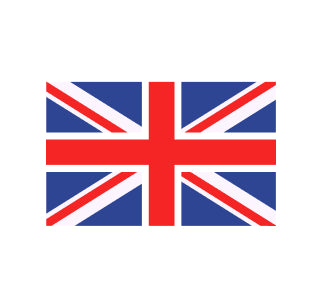
Australia
- Not permitted to sell or consume.
- Honey products are allowed in most Australian states, but mad honey doesn’t pass biosecurity inspection.
- All honey products undergo inspection upon arrival.
- Non-compliant items will be exported or destroyed at the importer’s expense.
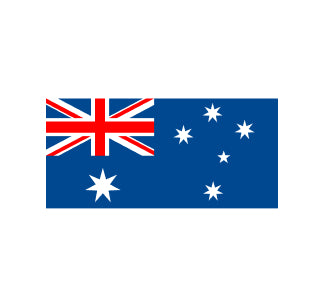
Ireland
- The Food Safety Authority of Ireland (FSAI) oversees food safety, including honey, under EU legislation where there is no mention of specific product called mad honey
- While the product is not produced within the country ts importation and sale are regulated to ensure consumer safety.
- A proper labelling with contents inside are demanded by custom and import
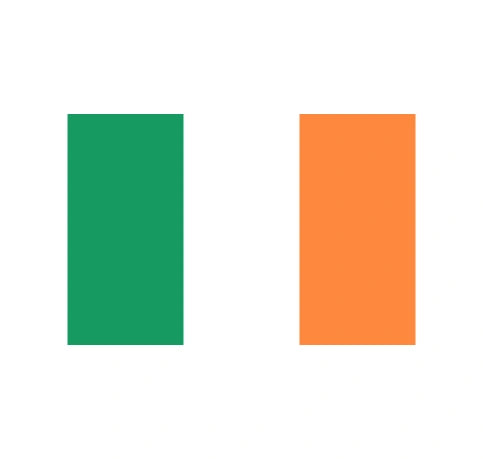
Poland
- Mad Honey is leagl to purchase and sell in poland as the Chief Sanitary Inspectorate (Główny Inspektorat Sanitarny, or GIS) sees this as a normal honey product.
- Agricultural and Food Quality Inspection do not specifically address "mad honey" in their regulations. This is likely due to the rarity of such products in Poland.
- As long as there is lack of specific regulations in Poland you are free to buy and purchase
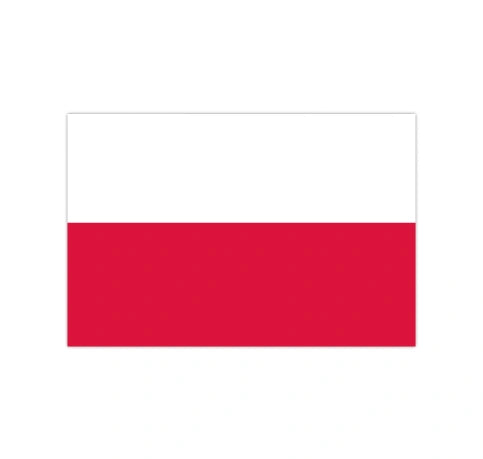
Germany
- Not explicitly banned.
- Exporters must label honey with accurate details like origin, ingredients, and processing methods.
- It must adhere to EU food safety regulations.
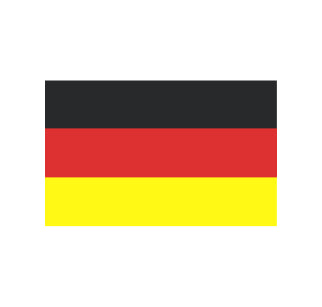
Japan
- Not banned but is subject to strict regulations.
- The food standards are overseen by the Ministry of Health, Labor, and Welfare (MHLW).
- Mad honey must undergo customs inspections and certification for its natural status if imported.
- Must adhere to Japanese Agricultural Standards (JAS) labeling rules.
- Cannot be marketed as "organic" without appropriate certification.
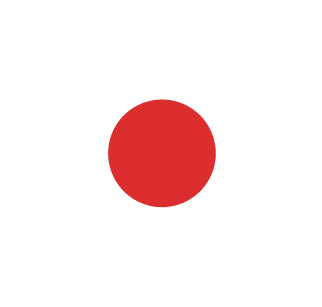
North America
- Legal in North America but is regulated.
- In America, the FDA mandates compliance with labeling, purity, and safety standards.
- In Canada, the CFIA oversees imports, requiring accurate labeling and documentation.
- Mexico allows honey imports under NOM standards, focusing on food safety and consumer health.
- Transparency in ingredients and strict inspections ensure compliance with food safety regulations.
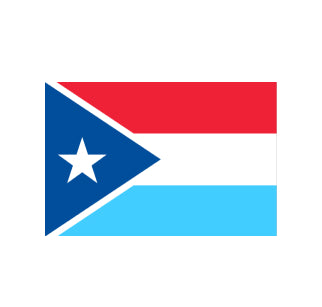
South America
- Legal in South America, but regulations differ by country.
- Brazil enforces ANVISA’s food safety rules, emphasizing proper labeling and quality checks.
- Argentina allows honey imports if they comply with SENASA's strict standards for safety and labeling.
- Chile regulates honey imports with a focus on accurate origin documentation and health compliance.
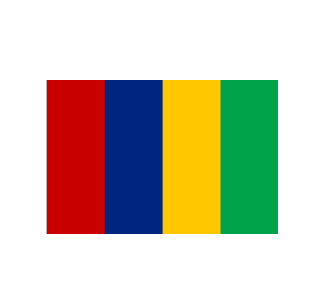
Europe
- Classified as a novel food in most European countries.
- Must comply with EU labeling standards
- Involves evaluation of the composition of honey, potential risks, and the intended conditions of use for the authorization process.
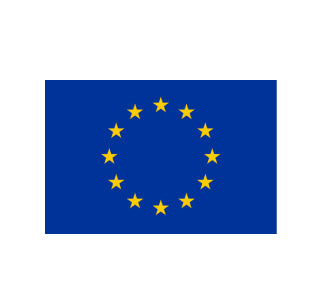
Asia
- Nepal and Turkey: Mad honey is traditionally harvested and legally sold.
- India: Mad honey is not explicitly banned but must meet Food Safety and Standards Authority of India (FSSAI) regulations.
- China and Southeast Asia: Legal for sale and consumption, but subject to food safety laws with restrictions on psychoactive effects.

Africa
- Legal to sell or consume in most African countries.
- The Agricultural Product Standards Act(1990) regulates honey and bee product sales.
- Both local and imported must comply with regulations including grading, packaging, and labeling requirements.
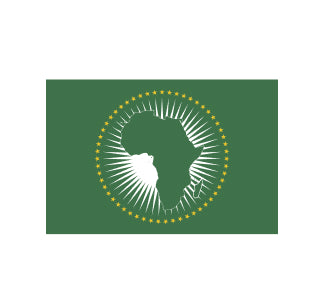
Antartica
- No food regulations; governed by international treaties.
- Imported food must comply with the laws of the managing country.
- Antarctic Treaty protocols require waste minimization and contamination prevention.
- Stations prioritize food safety and adhere to biosecurity measures.
- Environmental integrity is maintained through strict waste management.

Madly Pure
Through partnerships with trusted Nepalese suppliers, we ensure rigorous quality control. Our honey undergoes complete and utter testing to meet ideal import standards, while we continuously try our level best to maintain compliance. In Nepal, mad honey is commonly known as cliff honey or wild honey, as it is a natural product. All our orders are shipped as cliff honey, which complies with export criteria and has been approved by Nepal's food lab and export department.
Disclaimer
The information in this guide is for educational purposes only and should not be considered legal advice. Laws and regulations related to mad honey may vary by location and can change over time. While we aim to provide accurate and up-to-date information, we cannot ensure its completeness or suitability for specific situations.
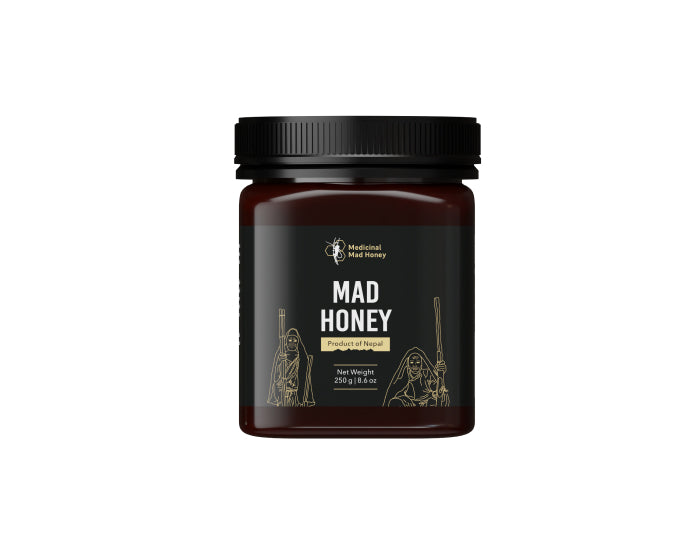
Shop Mad Honey Collection
Find the purest one for you from our collection of authentic, high GTX rated Mad honey, carefully harvested, bottled and packed in Nepal.
